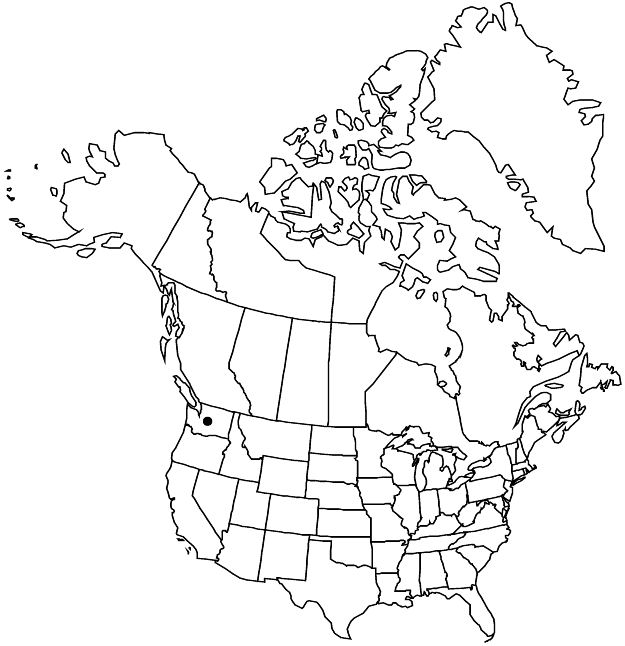Difference between revisions of "Cotoneaster monopyrenus"
Bot. Not. 119: 459. 1966.
FNA>Volume Importer |
FNA>Volume Importer |
||
| Line 31: | Line 31: | ||
|elevation=0–200 m | |elevation=0–200 m | ||
|distribution=Wash.;Asia (China);introduced also in Europe. | |distribution=Wash.;Asia (China);introduced also in Europe. | ||
| − | |discussion=<p>L. Lingdi and A. R. Brach (2003) synonymized Cotoneaster monopyrenus with C. hebephyllus (as C. hebephyllus var. hebephyllus).</p> | + | |discussion=<p>L. Lingdi and A. R. Brach (2003) synonymized <i>Cotoneaster monopyrenus</i> with C. hebephyllus (as C. hebephyllus var. hebephyllus).</p> |
|tables= | |tables= | ||
|references= | |references= | ||
| Line 56: | Line 56: | ||
|publication year=1966 | |publication year=1966 | ||
|special status=Introduced | |special status=Introduced | ||
| − | |source xml=https://jpend@bitbucket.org/aafc-mbb/fna-data-curation.git/src/ | + | |source xml=https://jpend@bitbucket.org/aafc-mbb/fna-data-curation.git/src/8f726806613d60c220dc4493de13607dd3150896/coarse_grained_fna_xml/V9/V9_765.xml |
|subfamily=Rosaceae subfam. Amygdaloideae | |subfamily=Rosaceae subfam. Amygdaloideae | ||
|tribe=Rosaceae tribe Gillenieae | |tribe=Rosaceae tribe Gillenieae | ||
Revision as of 18:19, 18 September 2019
Shrubs or trees, 3–5 m. Stems loosely erect, arching, spreading; branches spiraled, maroon, lenticellate, initially pilose-strigose. Leaves deciduous; petiole 5–9 mm, pilose-strigose; blade elliptic, broadly elliptic, or broadly obovate, sometimes suborbiculate, 25–58 × 15–40 mm, subcoriaceous, base obtuse or cuneate, margins flat, veins 4–6, slightly sunken, apex obtuse or truncate, seldom acute, abaxial surfaces color not recorded, reticulate, tomentose-pilose, later thinning, adaxial dark green, dull, coating not recorded, flat between lateral veins, glabrescent; fall leaves pale yellowish green. Inflorescences on fertile shoots 30–50 mm with 3–4 leaves, 7–20-flowered, lax. Pedicels 2–5 mm, pilose-strigose. Flowers 10–12 mm diam., buds white, hypanthium campanulate to cupulate, sparsely pilose-strigose; sepals: margins reddish, villous, borders maroon-tipped, membranous, apex acute, acuminate, or obtuse, surfaces sparsely pilose-strigose; petals spreading, white, sometimes with hair tuft; stamens (15–)20, filaments white; anthers purple to blackish purple; styles 1(or 2). Pomes dark red or ruby to maroon, maturing dark purple or purple-black, obovoid, rarely globose or ellipsoid, 9–12.5 × 8.5–11.5 mm, dull, glaucous, glabrous; sepals flat, margins sparsely hairy, sparsely hairy to glabrate; navel open; style remnants at apex. Pyrenes 1(or 2).
Phenology: Flowering May–Jun; fruiting Jul–Nov.
Habitat: Thickets
Elevation: 0–200 m
Distribution

Wash., Asia (China), introduced also in Europe.
Discussion
L. Lingdi and A. R. Brach (2003) synonymized Cotoneaster monopyrenus with C. hebephyllus (as C. hebephyllus var. hebephyllus).
Selected References
None.